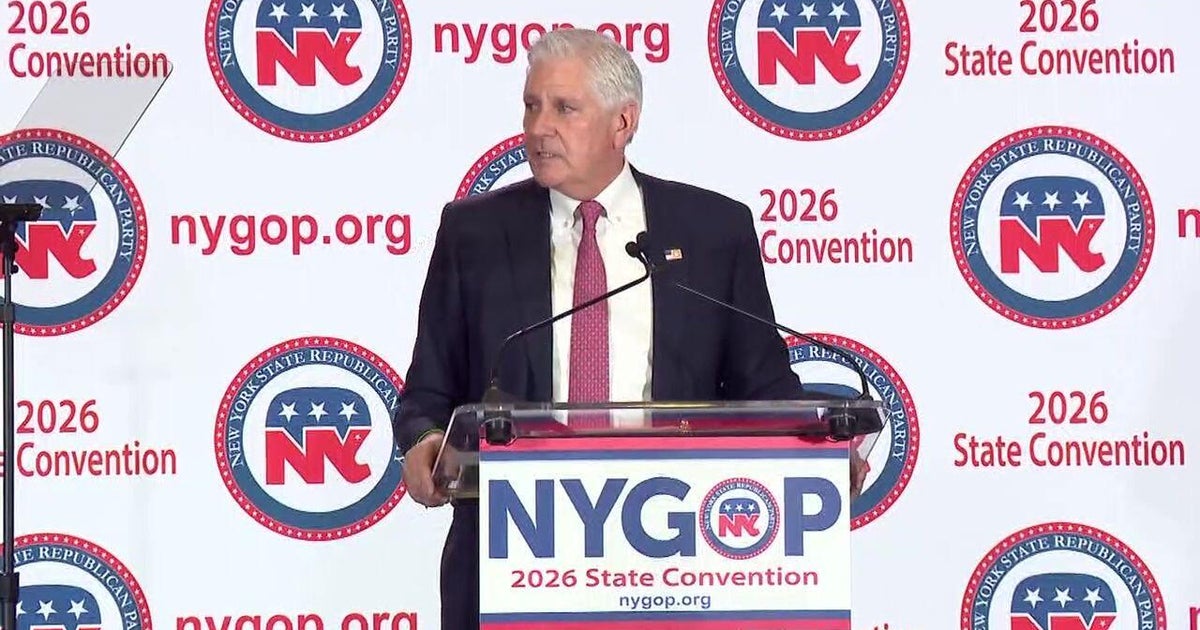Why the "pass-through" tax debate is so closely watched
As the full Senate debates the GOP's massive tax legislation, several sticking points remain. If you own your own business, you're probably among those who are paying close attention to one of them: how much so-called pass-through entities will benefit or lose if the legislation turns into law.
First, what the heck is a "pass through" anyway?
Most of these business entities are small and vary widely -- consultants, shopkeepers, startups, law firms, your side business making winter hats and scarves. They're classified by the IRS as sole proprietorships, partnerships, limited liability companies and S corporations. They don't pay corporate income tax, like traditional C corporations.
Instead, profits are "passed through" to the business owners. The owners in turn report the income on individual tax returns, which means they're taxed at individual income rates.
The House GOP tax overhaul bill that recently passed caps the tax rate on pass-through income at no more than 25 percent. That might help wealthy investors, not small businesses, Joe Rosenberg, a Brookings Tax Policy Institute senior research associate, wrote earlier this month.
The Senate bill, coming to debate on the floor this week, originally proposed a deduction on pass-through income at 17.4 percent, lowering the effective rate to below that on "ordinary" income, which maxes out at about 39.6 percent. The statutory tax rate on corporations is 35 percent, though most actually pay adjusted rates that are far lower.
An agreement was reached on the Senate floor Wednesday, according to Bloomberg, to change the 17.4 percent deduction to a 20 percent deduction.
"What's unclear is how quickly the House jumps on board with the Senate's treatment of pass-throughs more broadly," Height Securities analyst Stefanie Miller wrote in a note.
Something more like the Senate version may make it into final legislation, though the "simpler-to-message" 25 percent tax rate in the House version, as opposed to a 20 percent deduction, "may continue to appear more attractive to House members for the time being," she wrote.
However, about 86 percent of pass-throughs are small enough that they already pay a rate of 25 percent or less, The Wall Street Journal reported, citing the Tax Policy Center.
Economists and analysts disagree on how much the bills in their current forms are a real break for small businesses
"The GOP's use of the term 'small business' conjures up images of neighborhood stores run by hardworking Americans carving out a modest living," said Hunter Blair, an analyst from the left-leaning Economic Policy Institute in a statement. "None of these households would benefit from the Republican plan."
The wealthiest 1 percent of households already claim 69 percent of pass-through income, the EPI said.
Others argue doing nothing would hurt smaller businesses.
"While they take different approaches, both the House and Senate tax bills offer significant tax reductions to the millions of sole proprietorships and partnerships that pay taxes through the individual code," wrote Andrew Moylan, executive vice president of the right-leaning National Taxpayers Union Foundation, in a statement. "The only way to leave these businesses 'high and dry,' as some have worried, would be to stymie tax reform entirely and leave America stranded with the status quo."
Republican Senators Ron Johnson of Wisconsin and Steve Daines of Montana have both said they don't think the Senate plan did enough to narrow the gap, according to Politico.
Still, Johnson voted for the bill in the Senate Budget Committee, and Daines, who shared Johnson's concerns, should also support the bill, Keffe, Bryuyette & Woods analysts said in a note yesterday.
KBW gives some form of the bill a 70 percent to 75 percent chance of passing, with 50 percent odds legislation will be complete by the end of 2017.



